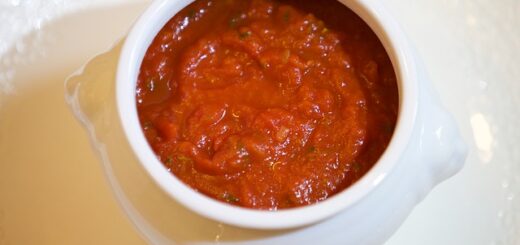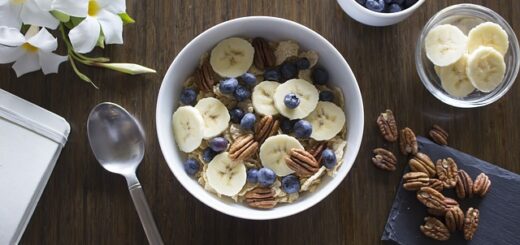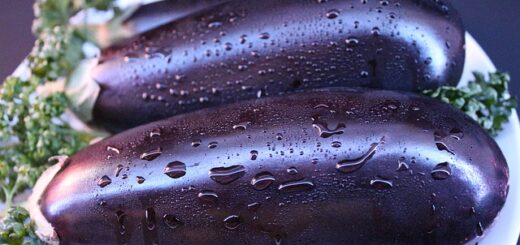Why Do I Get Cold After I Eat

Have you ever asked yourself, “Why do I get cold after I eat?” It’s a common phenomenon that many people experience, and it can be quite uncomfortable. In this article, we will explore the possible reasons behind this post-meal chill and provide insights into how to deal with it. So, let’s dive in and discover why your body temperature may drop after a meal.
Why Do I Get Cold After I Eat
The Digestive Process
When you eat, your body diverts a significant amount of blood flow toward the digestive system to break down food and absorb nutrients. This process requires energy, and as a result, your metabolism increases. Consequently, more heat is produced, and your body temperature rises.
Blood Diversion and Temperature Regulation
However, when blood rushes to the digestive system, it leaves other parts of your body potentially underperfused. This redistribution of blood flow can temporarily decrease the supply of warm blood to your extremities, which can make you feel cold. It’s important to note that the body has an intricate temperature regulation system, constantly working to maintain a stable internal temperature. This redistribution is a normal part of that regulation process.
Insulin Response
Another possible explanation for feeling cold after a meal is related to the secretion of insulin. After consuming carbohydrates, your body releases insulin to help regulate blood sugar levels. Insulin allows glucose to enter your cells, which triggers the production of heat. However, insulin can also cause blood vessels in the skin to constrict, redirecting warmth to vital organs. This constriction can leave you feeling chilly in your extremities.
Tips to Manage Feeling Cold after Eating
Stay Warm and Dress Appropriately
To combat the post-meal chill, make sure to dress warmly and layer your clothing during meal times. Wearing extra layers can help maintain your body temperature and prevent excessive heat loss. Additionally, consider using blankets or other warming devices to keep yourself cozy.
Favor Warm Meals
Opting for warm meals over cold or raw foods can help maintain body temperature during and after eating. Incorporating soups, stews, or warm beverages into your diet can impart a comforting warmth to your body and offset the drop in temperature.
Increase Physical Activity
Engaging in light physical activity, such as taking a short walk after a meal, can help improve blood circulation throughout your body. This increased circulation can aid in redistributing warm blood to your extremities, reducing the sensation of coldness.
Stay Hydrated
Ensuring adequate hydration is essential for maintaining overall body temperature. Dehydration can affect your body’s ability to regulate temperature effectively. Make it a habit to drink enough fluids, especially during and after meals.
Consider Underlying Medical Conditions
In some cases, feeling cold after eating may be indicative of an underlying medical condition. Conditions such as hypothyroidism or low blood pressure can impact your body’s temperature regulation mechanisms. If you consistently experience excessive coldness, it may be wise to consult with a healthcare professional to rule out any underlying issues.
Conclusion
Feeling cold after eating is a common occurrence that can be attributed to factors such as blood diversion, insulin response, and the normal temperature regulation processes of the body. By understanding these mechanisms and implementing strategies like staying warm, choosing warm meals, increasing physical activity, and staying hydrated, you can effectively manage this post-meal chill. If you continue to experience extreme coldness after eating, it’s important to seek medical advice to rule out any underlying conditions. So, stay warm, eat well, and enjoy your meals without the uncomfortable chill!











